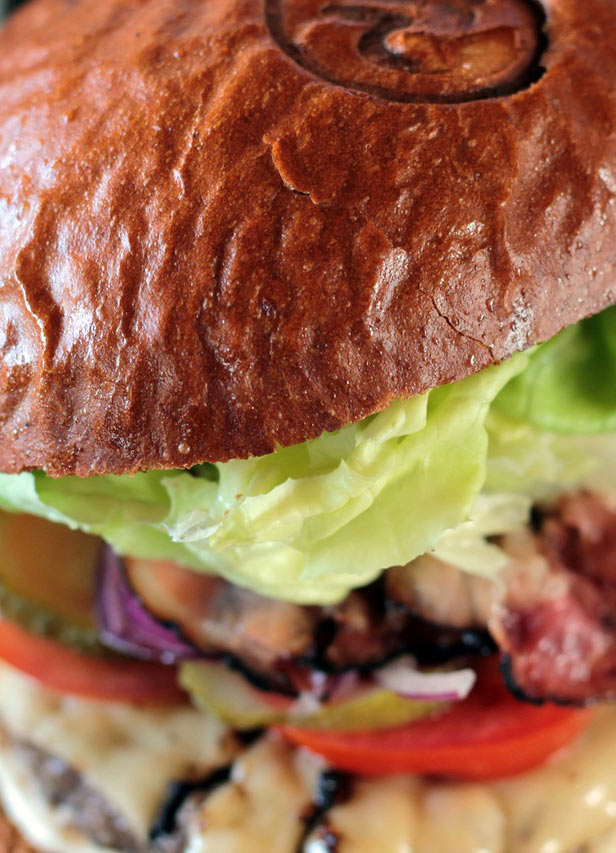Two-thirds of adults in the developed world are overweight or obese. According to dogma, these people eat too much and move too little, and the excess energy they accumulate is stored as fat.
But consider this experiment, in which the gut microbes are taken from twin sisters, one obese and the other lean, and are transplanted into the guts of special ‘germ-free’ mice. The mice receiving the microbes from the obese twin quickly grow fat, and those inoculated with microbes from the lean twin remain slim. The mice are genetically identical and they eat the same amount of food – the only difference is their microbes. Could it be that microbes matter more than genes and diet when it comes to body weight?
Balancing the calories
We have come to believe that maintaining a healthy weight is as simple as balancing the calories we eat with those we expend through exercise, but a little bird tells us it’s not that simple. The garden warbler – an unassuming creature with an impressive sporting record – migrates each winter from Europe to sub-Saharan Africa. In preparation for this 4,000-mile flight over seas and deserts, warblers stock up their fat reserves, swelling from a lean 17g to more than twice that weight in just a couple of weeks. In human terms, they become morbidly obese. They achieve this impressive weight gain by binge eating, but here’s the strange thing. They don’t eat enough to account for the extra fat they accumulate.

…chemicals we expose ourselves to … could be altering the regulation of our appetites and metabolisms
By the time they reach their winter residence, they have lost some of their fat reserves, but not all. Despite taking up eating again after their long journey, the warblers continue to lose weight – the bird equivalent of about a stone a day for humans – for another week. What’s more extraordinary is that captive warblers, despite not flying 4,000 miles, go through the exact same process of weight gain and loss during the migratory period. The warblers, both wild and captive, seem to undergo a biochemical shift within their bodies – independent of the calories they consume and expend – that determines how energy is used, stored and spilled.
If calories-in versus calories-out isn’t true for warblers, perhaps it’s not the case for humans either. Growing evidence suggests that chemicals we expose ourselves to, including antibiotics, pesticides, and hormone-mimicking compounds in plastics, tins and personal care products, could be altering the regulation of our appetites and metabolisms. Our ever-growing greed and our hunger for junk foods may not be the result of an innate gluttony, but rather, the result of chemically-induced changes to our bodies’ energy storage system.
Fatology is due to be published in the UK and Australia by William Collins (HarperCollins) in 2020. Other rights are available – please contact Patrick Walsh at PEW Literary with enquiries.